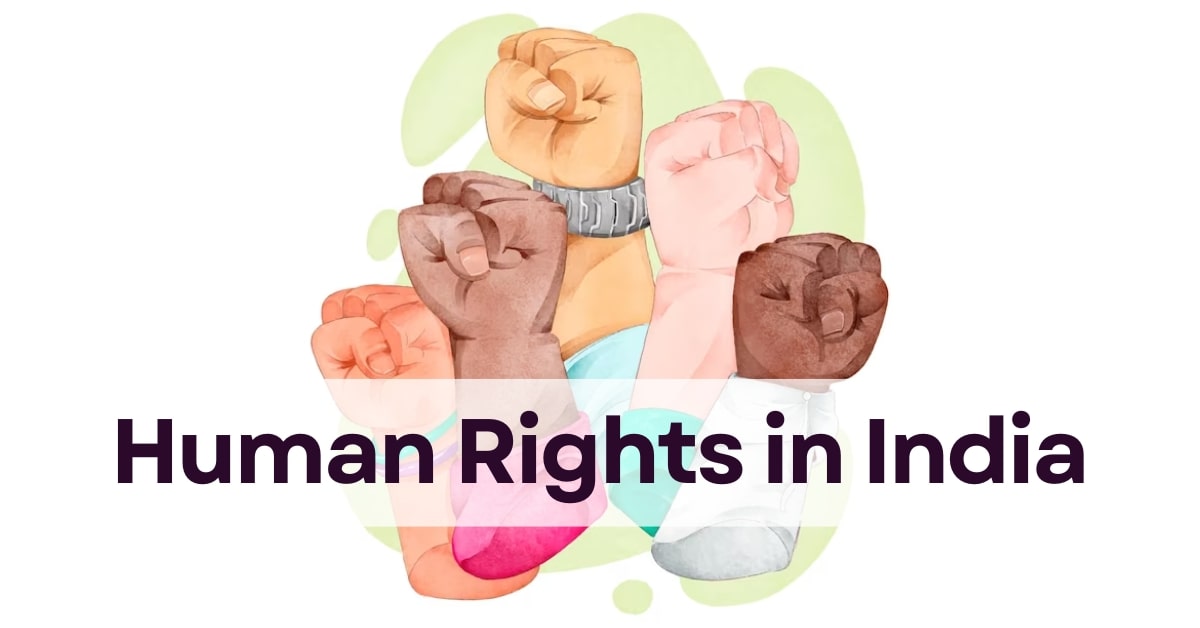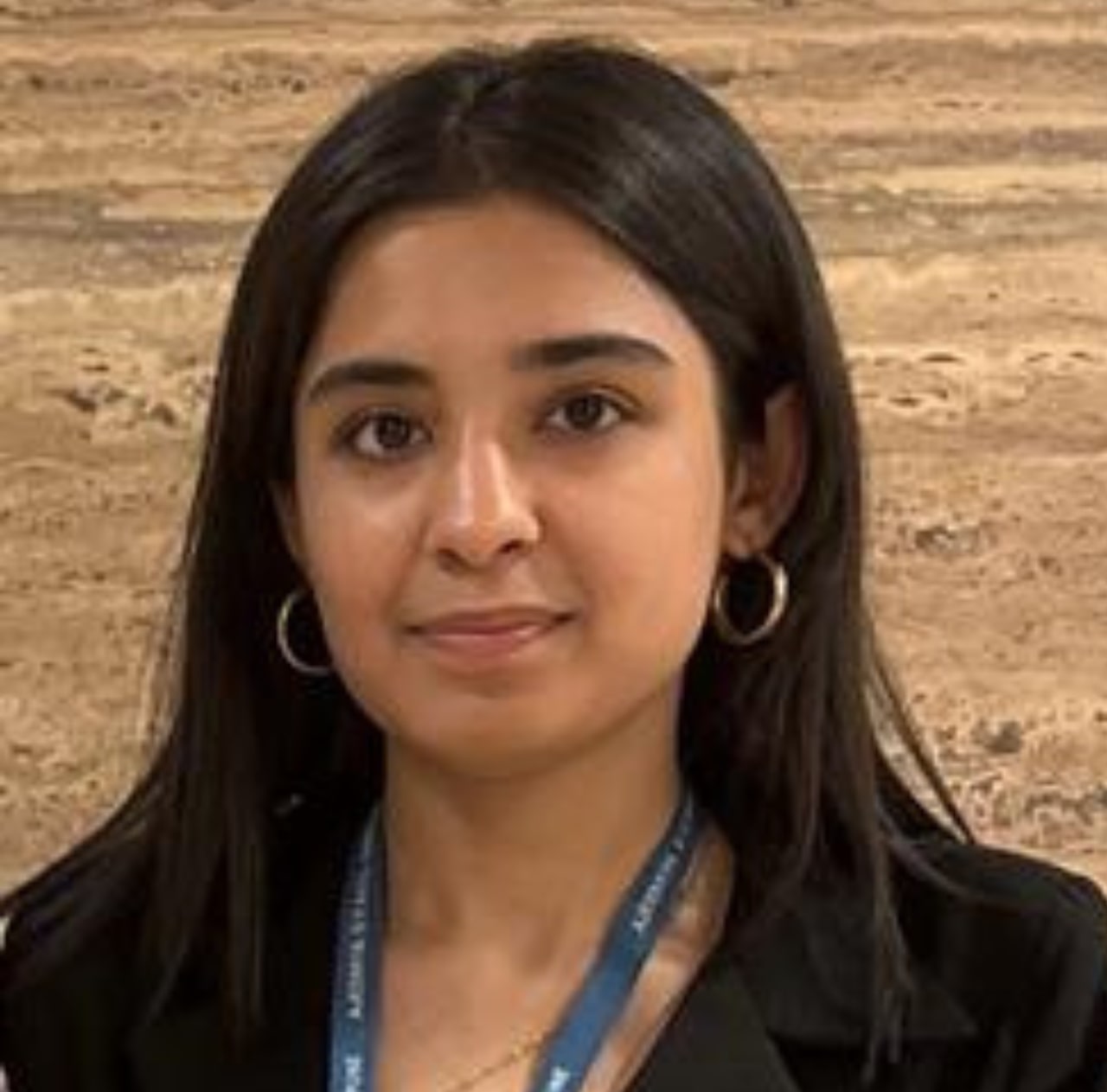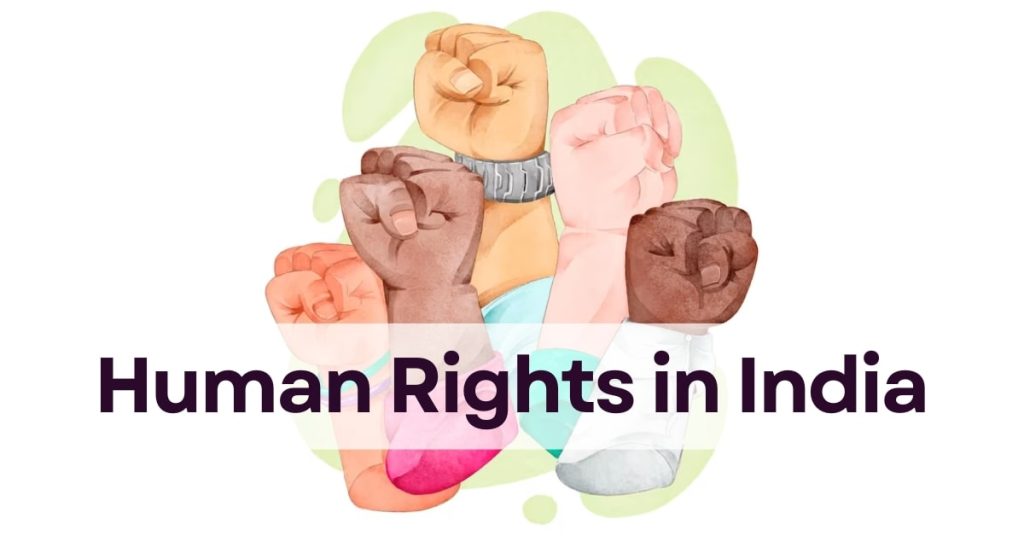
Table Of Content
- What are Human Rights?
- Definition of Human Rights
- Historical Background of Human Rights & Human Rights Commission
- Why are Human Rights Needed and Its Importance?
- Major Issues and Challenges faced by the Human Right Act in India
- Human Rights vs. Legal Rights vs. Fundamental Rights
- Conclusion
People may hear about human rights in India. But before that let me ask you, are we people of India aware about the History of Human rights? Or are you aware about the ‘Human Rights Day’ which is on December 10. What does it mean? Why is it celebrated? Does everyone have Human rights? As we heard about that every human should be treated equally irrespective of their creed, place of birth, sex, caste or any other consideration. All these claims together formulated in this blog on what is today known as Human Rights. With this we’ll be reviewing the basic meaning of Human Rights and its history in detail. Besides, we will also discuss some of the major cases in this blog, let’s dig into it.
What are Human Rights?
The impact of human Rights in our society is enormous. In a way to live with certain dignity, recognition and freedom these are necessary for which we all human beings are entitled to and these basic rights are called Human Rights in India. In the recent era, Human Rights in India have gained more scrutiny in every manner. These human rights, when guaranteed by our own constitution are known as ‘Fundamental Rights’.
Definition of Human Rights
According to Dr. Durga Das who defines Human rights are those rights which every individual must have against their state, their public authority by being a member of the human family. Under this definition he tries to bring out the main essence of the term Human Rights in India.
Historical Background of Human Rights & Human Rights Commission
Rights are those sets of rights which are vital for the survival of humans to live a dignified life. The concept of ‘Human Rights in India’ contains the soul of Human Civilization. Well talking about the Historical Background of Human Rights in India was pinpointed long back in the year 539 BC. During that time, every human has to struggle really hard in order to achieve their ultimate goal which is still felt in various societies. Earlier to the World War, there was not much codification was done about the rights of the humans either at the national or international level. Being a citizen of India, where all our women, children, laborers are still in some societies all trying hard to be part of this equality. Insipite all these struggles the world recognized the U.N. Charter in 1945.

All these various international conventions on human rights also focuses to give protection to the rights of all women’s, Economic, social, political, cultural rights. With that later in the year1993, The National Human Rights Commission was established which is said one of the independent statutory bodies keeping in mind the protection of human rights act in the year 2006. The composition of the human rights commission is of a chairperson and 8 members. India faces major Human Rights Violations on very large scale. Another major milestone which we the people of India have faced is that in 1215 these human rights were represented by the Magna Charta and introduced a very new topic ‘Rule of Law’.
Why are Human Rights Needed and Its Importance?
In recent years, there has been a lot of debates on the topic of how we think and how we apply these human rights? Having a proper knowledge about Human Rights is a solution to many of their specific problems. These rights are an important part of every person’s life and putting all these human rights into practice which helps the person to create the kind of society he wants.
In order to make it understandable to the citizens of India about the need and importance of human rights many acts, conventions were established. For example, the Human Right Act which was passed in the UK in 1998. Under the human rights act everyone was given equal importance whether you are a foreign national, asylum seeker. The creation of this Human right act was mainly enacted in order to let people know that the need of human rights is important as it provides protection to every single individual of a society.
Major Issues and Challenges faced by the Human Right Act in India
With the rise in the cases of crime, violations, scams and scandals these Human rights are being the major factor of violated and taken for granted in the recent years. Some of the major issues and challenges which are seen in the recent time are –
- The violence against women is one of the increasing issues and where they are at the high risk of sexual harassment, human trafficking and even member of forced labor.
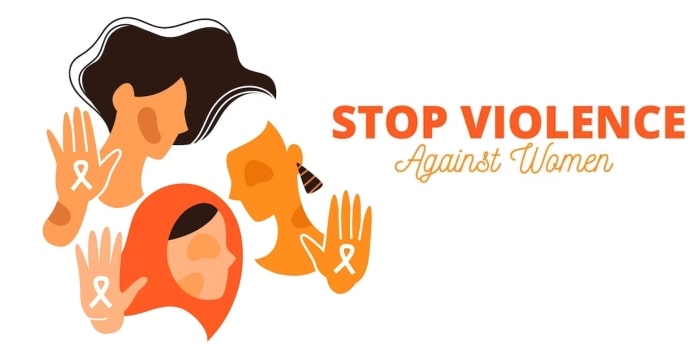
- We say that children are the future of our nation. There are approx. more than 17.5 million of workers who all are engaged in different industries and hazardous factories. Child Labor is one of the major issues and challenges which our country is currently facing.
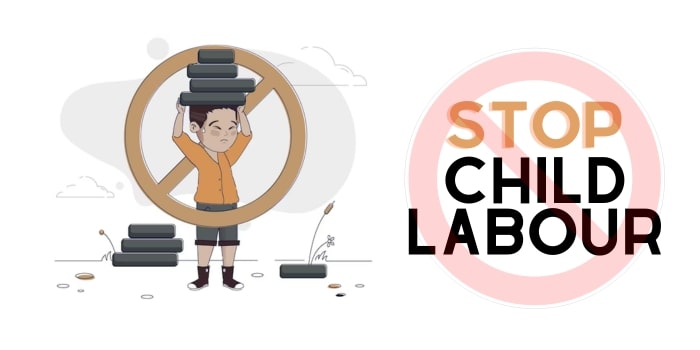
Human Rights vs. Legal Rights vs. Fundamental Rights
Human Rights are Legal in nature? Existence of all these human rights, Fundamental rights or legal rights are necessary for all humans. Above all these 7 major Human rights and 5 key principles of Human rights, there comes the three main rights which are available to the citizens of our country which are Human Rights, Legal Rights and Fundamental Rights. Human Rights which are available are of indivisible nature be it civil or political rights. People always come up with the question that are Human Rights and Fundamental Rights the same concept?
| Human Rights | Legal Rights | Fundamental Rights |
| Human rights, on the other hand, are the safeguards that a human being seeks in order to live in dignity and equality. | Legal rights are the government’s protections for residents of a particular state. | Fundamental rights are the rights of a country’s citizens that are stated in the constitution and enforced by the law. |
| There are 7 main Human Rights. | These rights are not universal, differing from state to state, country to country, individual to individual, and even from time to time. | There are seven main Fundamental Rights. Related Case Law : In Maneka Gandhi v. Union of India, Article 21 was given an extended meaning to read the ambit of the Fundamental Rights rather than weaken their meaning and content by a process of legal construction. Justice Iyer commented, ‘The spirit of man is at the root of Article 21.’ |
| Human rights depend on the fundamental concept of the right to freedom. Human rights are founded upon the right to a dignified life. | Legal rights are distinctly specified by various governments and are not present in the Constitution. | Fundamental rights are nation-specific, i.e., these rights may differ from country to country. There is a worldwide recognition of human rights |
Conclusion
So, you now have a good understanding of what human rights are and how they impact our everyday lives and why it is needed. Educating ourselves is an important step, but it’s not the end goal. How can we use our voices and actions to create a fairer future for all and for our upcoming generations. Even after 75 years of Independence, India is still suffering from some of the most significant Human rights violations, discrimination.

